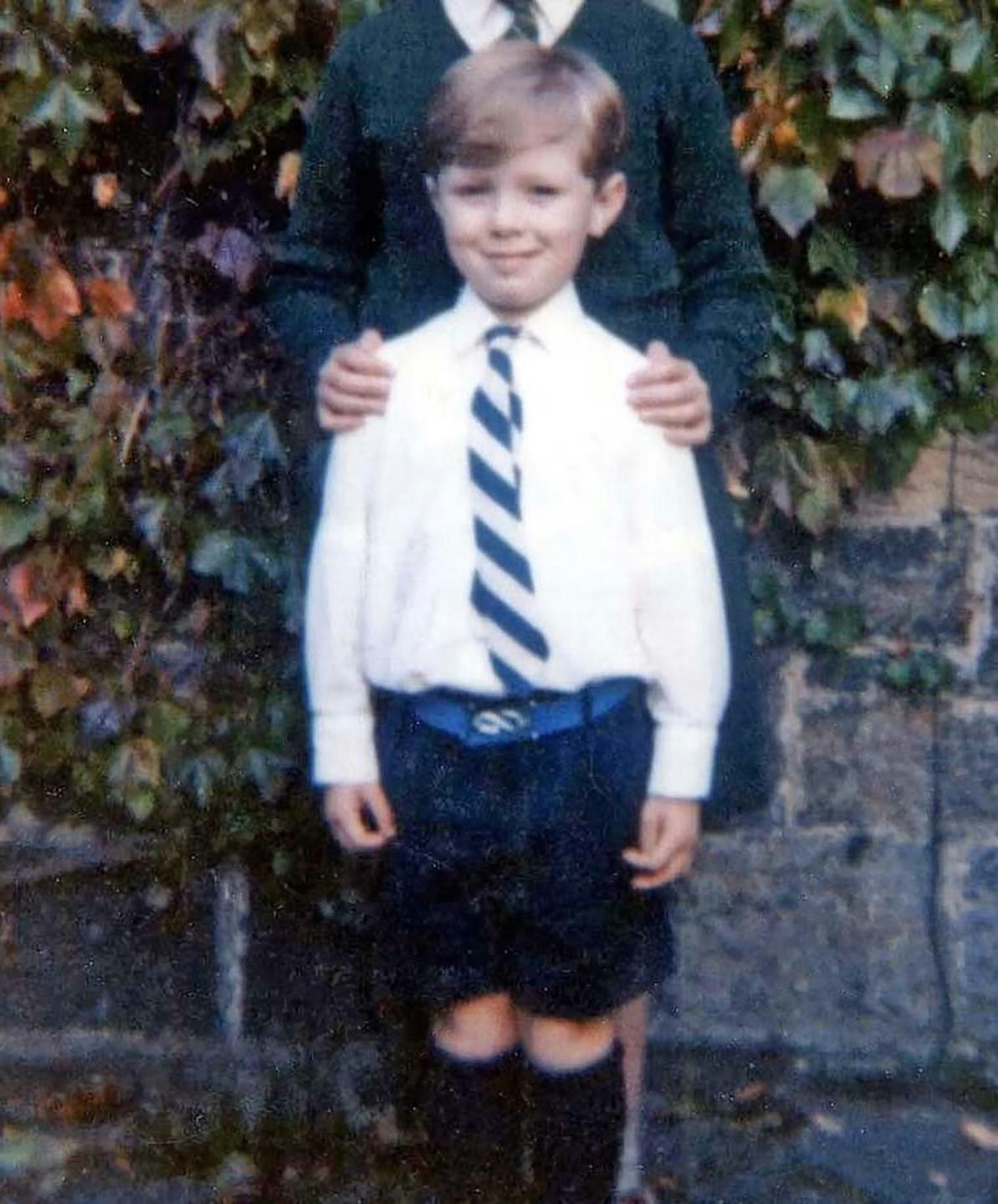This article is taken from the April 2025 issue of The Critic. To get the full magazine why not subscribe? Right now we’re offering five issues for just £10.
“School,” proclaims Irwin, the contrarian teacher, at the start of Alan Bennett’s The History Boys. “That’s all it is. In my case anyway. Back to school.”
Some old boys don’t have to go back, because they never left. Nicky Campbell, who attended Edinburgh Academy, bears the wounds four decades later, so his Radio 4 three-parter How Boarding Schools Shaped Britain was very personal. These programmes were deeply felt, and that depth diminished them slightly.
Campbell is a confident, not to say assertive soul. Many moons ago, on Five Live, he introduced Jonathan Agnew, the BBC cricket correspondent, by associating “the sound of leather on willow” with “another English tradition, the sound of leather on something else”. The words jarred at the time, and two decades on they remain clumsy.
Public schools, in the approved version, were compounds of Dotheboys Hall and the Rugby of Thomas Arnold. Campbell missed nothing: the cold showers, the apple-pie beds, the casual sadism.
Such stories have been aired a thousand times. Alex Renton, quoted by Campbell, has spent much of his adult life reheating tales of his blighted schooldays. Others have added a verse or two to the chorus of woe.

When Campbell spoke of “gilded youths” providing “the cornerstone of the British establishment for centuries”, it revealed a man less inclined to think clearly than one who borrows phrases worn bare by years of use. The old codes exist, but that’s the nature of school, independent or otherwise. Besides, the world beyond these honey-stoned cloisters has always taken an interest in the exotic folk who walk their corridors, from Tom Brown to Harry Potter by way of Mr Chips.
Campbell wore his stigmata like a saint. His own school, he said, resembled Colditz, even though, as a day-boy, he didn’t have to dig a tunnel to get home. “What the hell was an exeat?” he scoffed, playing to the gallery. Come on, it’s not that difficult.
“Tradition, and privilege.” “Men bred to rule over us.” “Markers of class and identity.” The phrases tumbled off the hob like pancakes at Shrovetide. There were also “survival masks” and “ways of coping”, from the mouths of people for whom an hour without a rehearsed banality is an hour misspent.
A psychologist talked of “disassociation”. Nothing is familiar to children in this world, she squeaked, so the pupils grow up as victims. If only the Greyfriars beaks had offered counselling, instead of double Latin! Billy Bunter might not have raided the tuck shop.
Renton’s book Stiff Upper Lip is a bracing read. Many boys (this was exclusively a world of boys) did suffer, and some carried their misery into the world of work. It’s hard to read A.N. Wilson on his prep school headmaster without wincing. There were some brutes with canes.
The modern vocabulary has a different tone, expressed with zeal by the teachers who welcomed Campbell into their classrooms. “Safe spaces”, “support networks” and “safeguarding mechanisms” are now the key to the highway. A master at Wellington College effortlessly cleared the high bar of “wellness and holistic education”, rooted in “proactive pastoral care”.
This transformation touched Campbell like the lyre of Orpheus. He may have begun by feeling “mystified, terrified and fascinated” by unwritten laws. He ended in a state of grace, almost, charmed by a general desire to be “enlightened, progressive and relevant”. As a Millfield girl told him, “we want to be the best version of ourselves”. From there it’s a short step to “reaching out” and “sharing”. Flashman! Stop toasting those crumpets.
Social skills. Mental health awareness. Emotional literacy. Visit any public school, and you will find the noticeboards full to bursting with declarations of good faith to all, girls no less than boys.
Most independent schools are now co-educational, which is the biggest boon they could have. There are lots of foreigners, too, and not only from the red bits on the map. These schools need their Paolos and Ludmillas. They bring in the dosh.
Campbell came to mock, and stayed to listen. The sticking point was his editorial line. These programmes were not so much about the value of public schools in the modern world as the ruminations of one who has never got over his own sour experience. And whilst that experience cannot be ignored, it meant the confessional tone occasionally grated. There was too much of the first person singular.
Nicky, however, belongs to that group categorised as “the talent”, and such folk tend to get their way. Talk about tribes! Some media fraternities are more exclusive than the prefects’ room at any boys’ school. “Who threw that slipper?” Not me, sir.
These were good programmes. With a firmer hand on the tiller, they could have been better.







